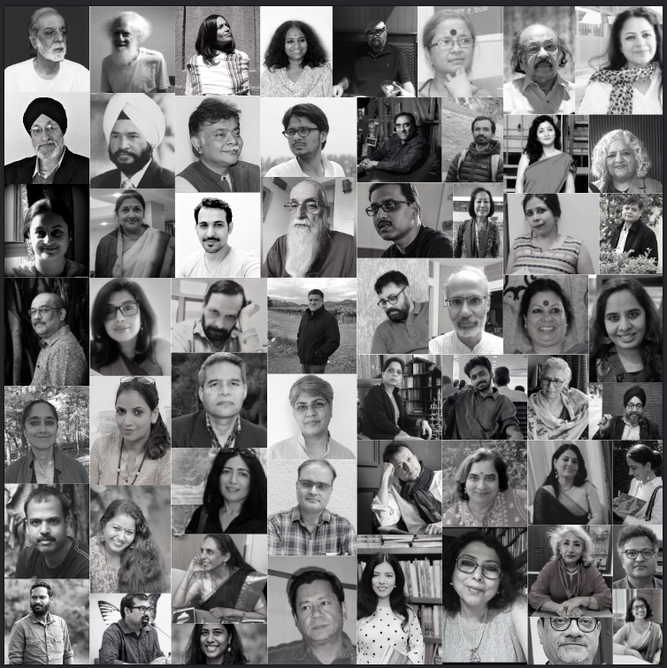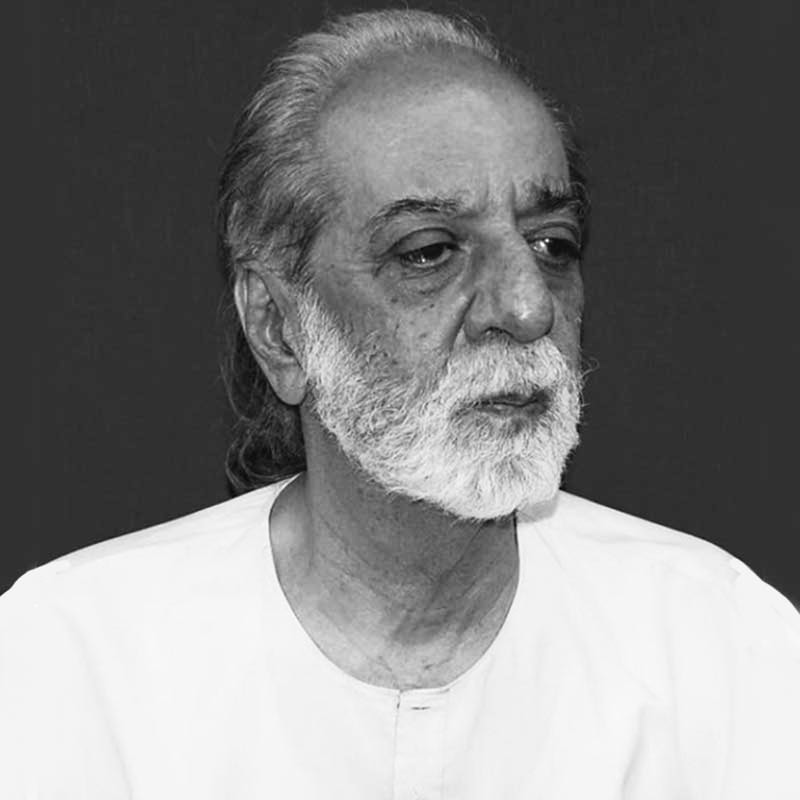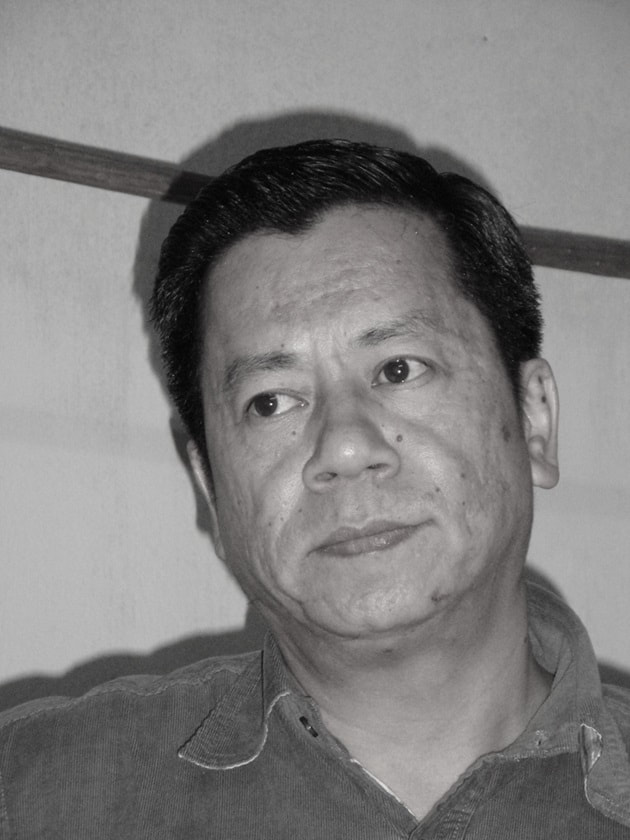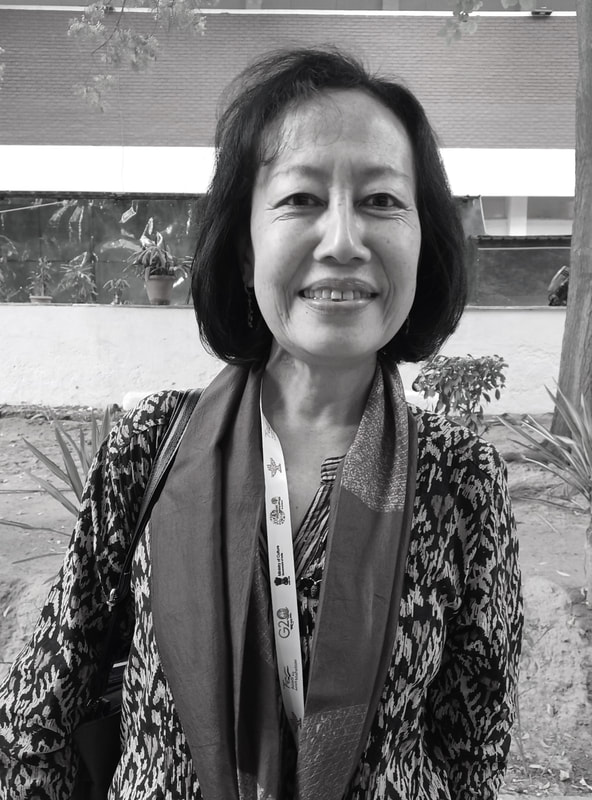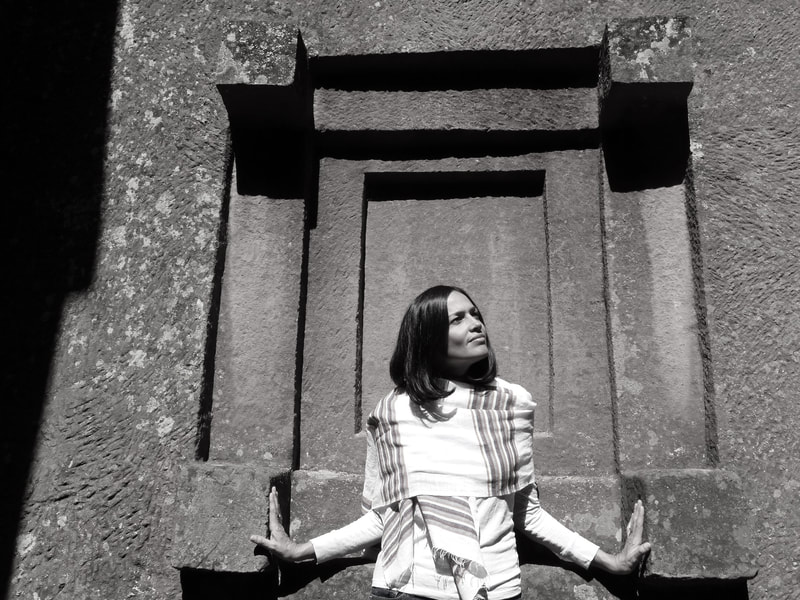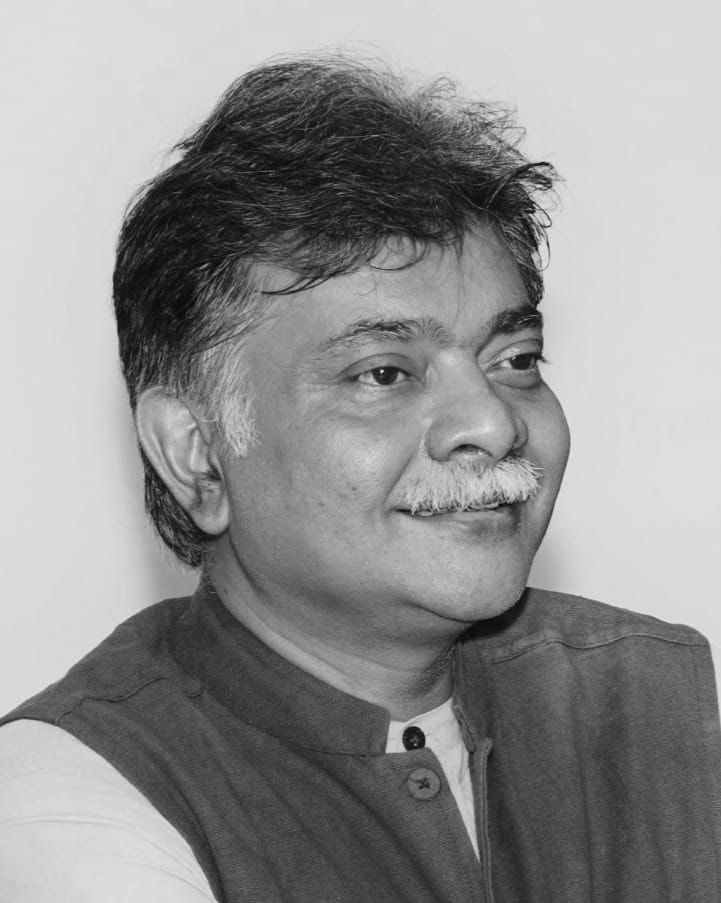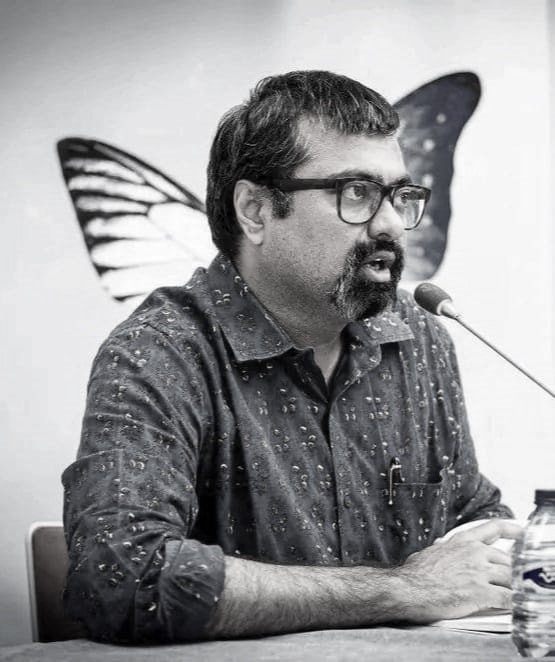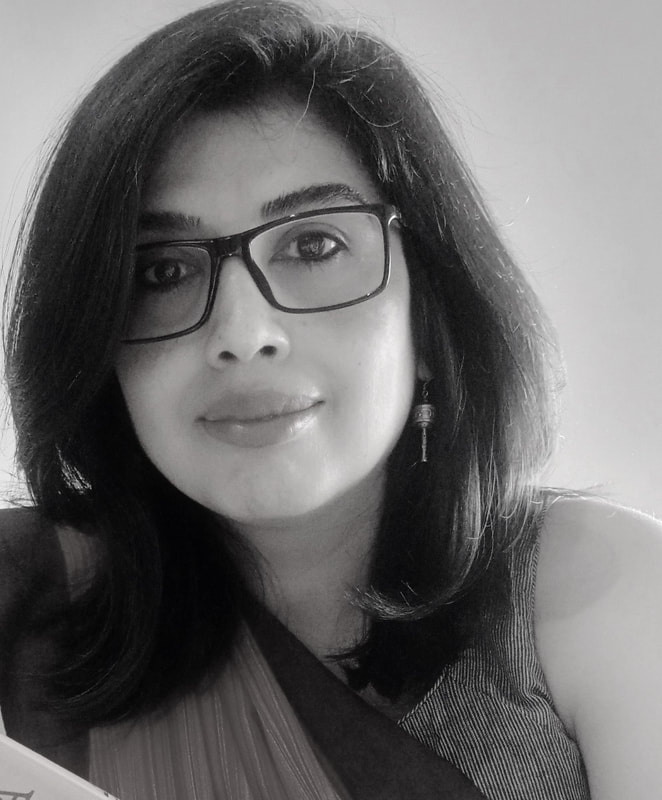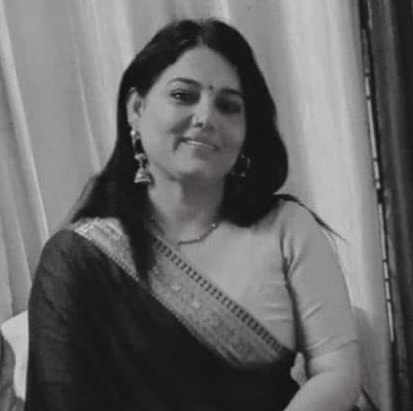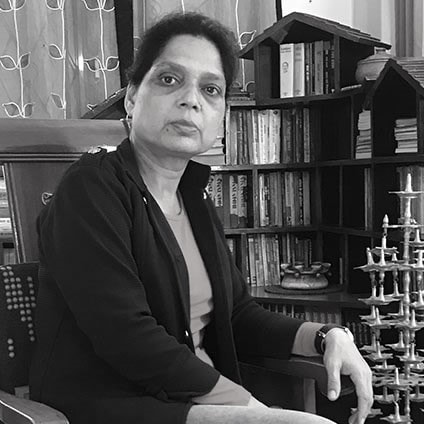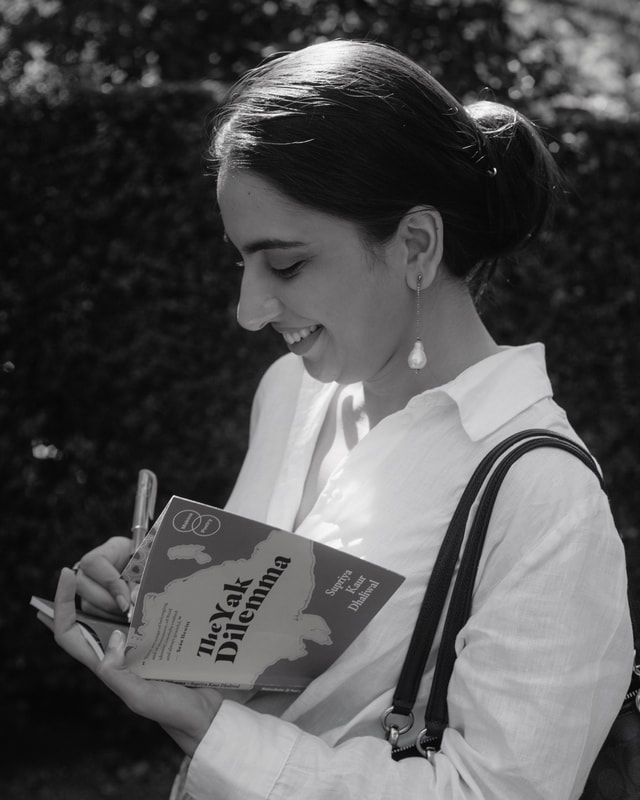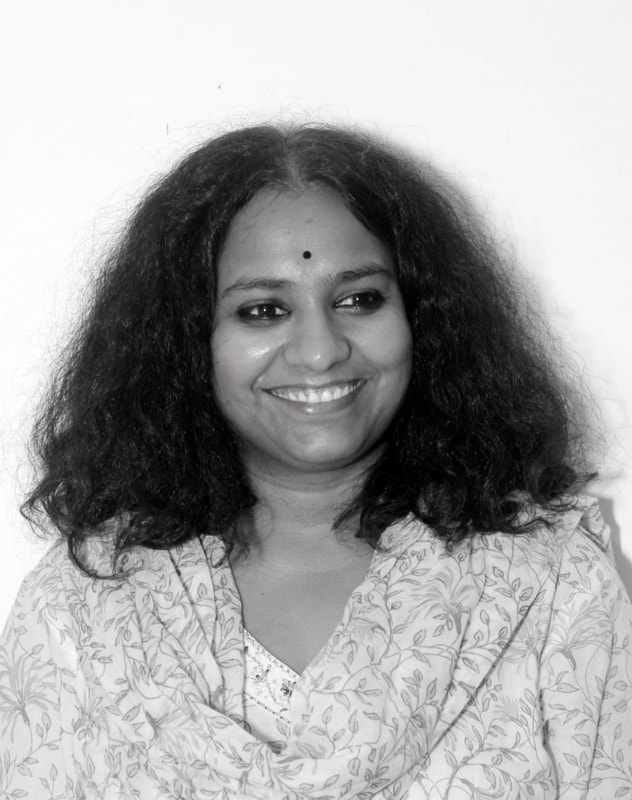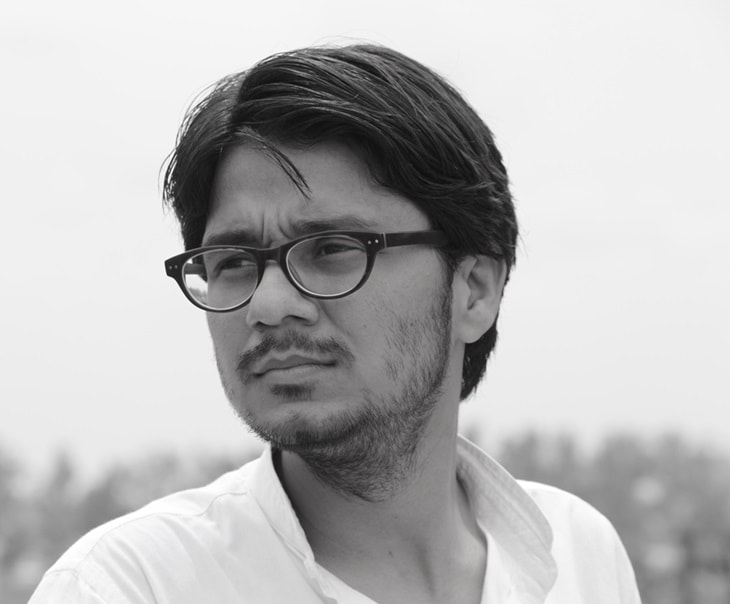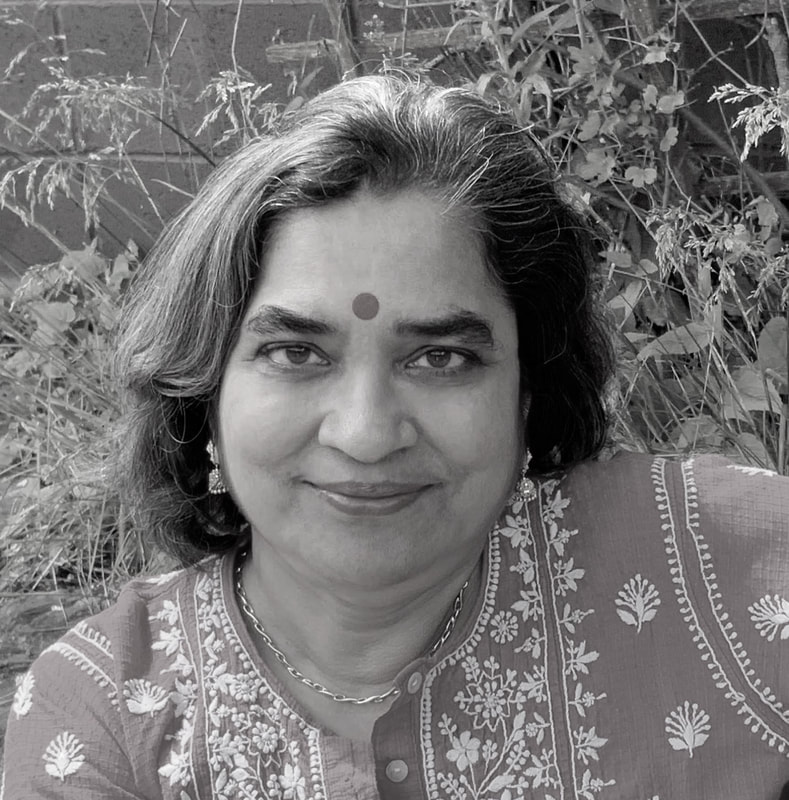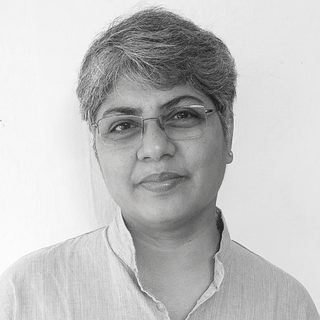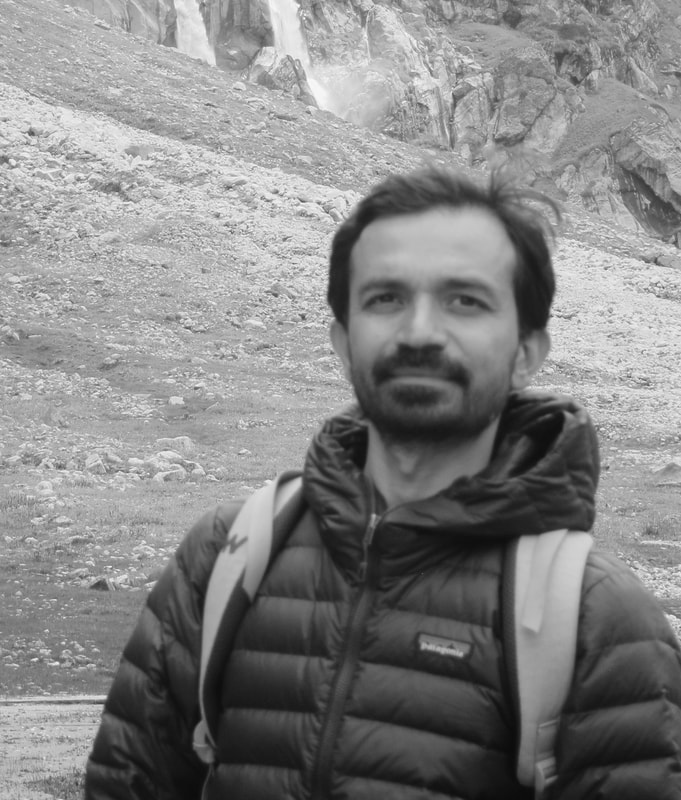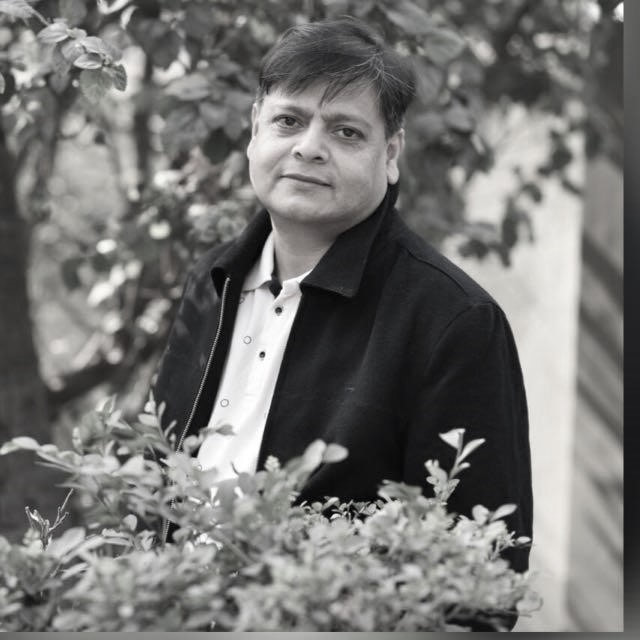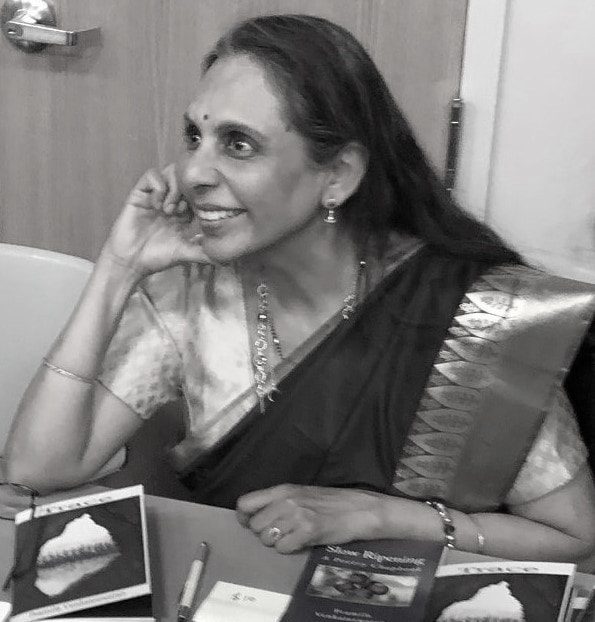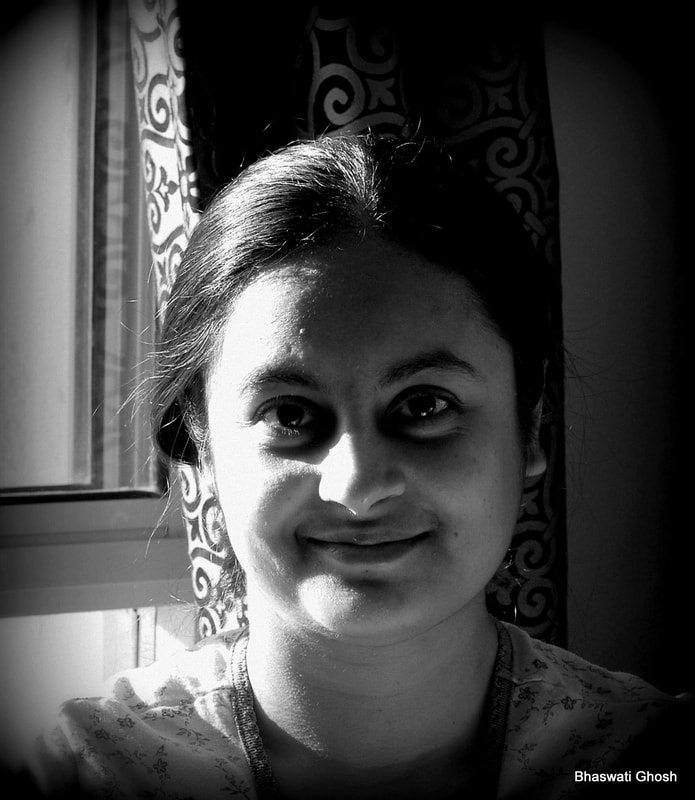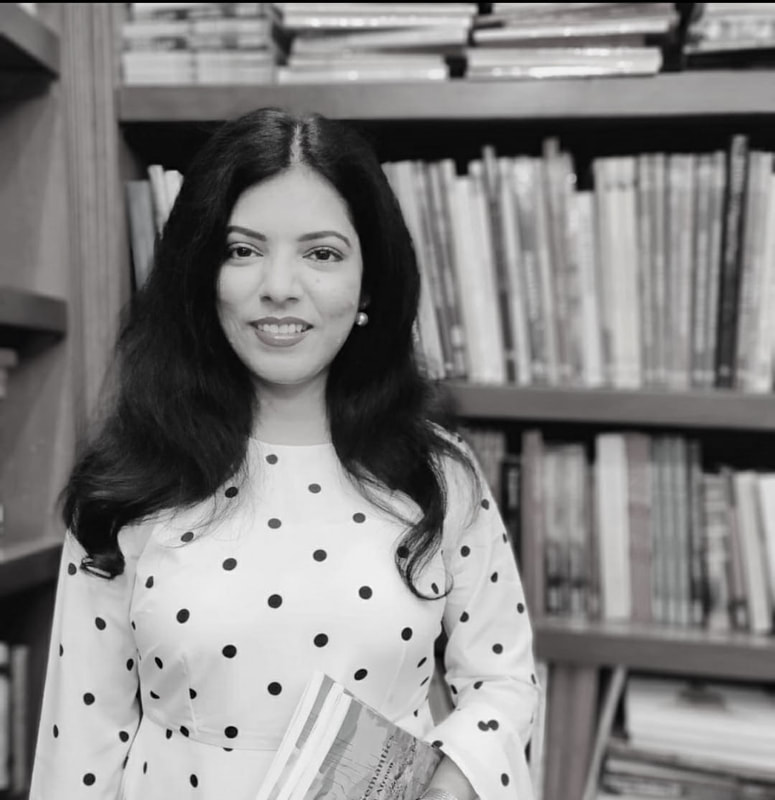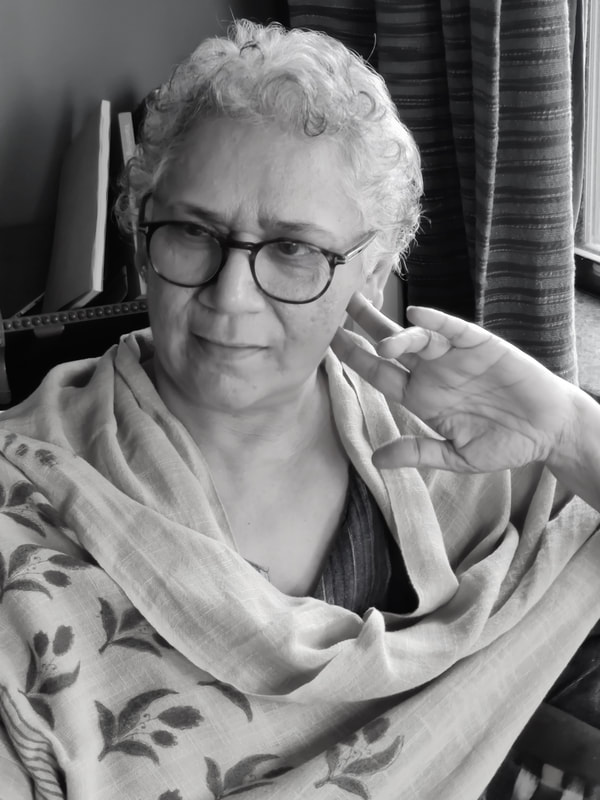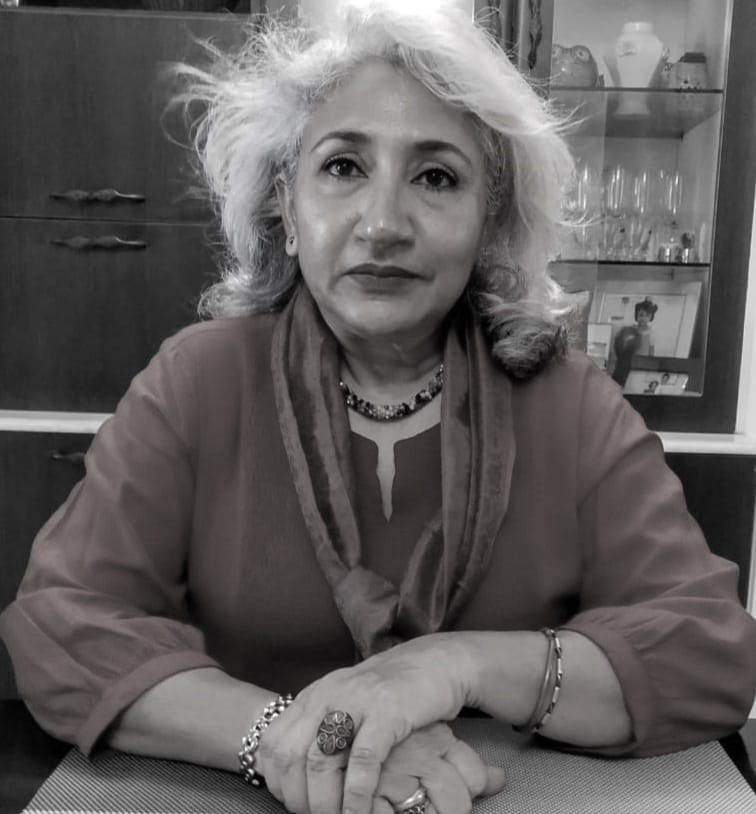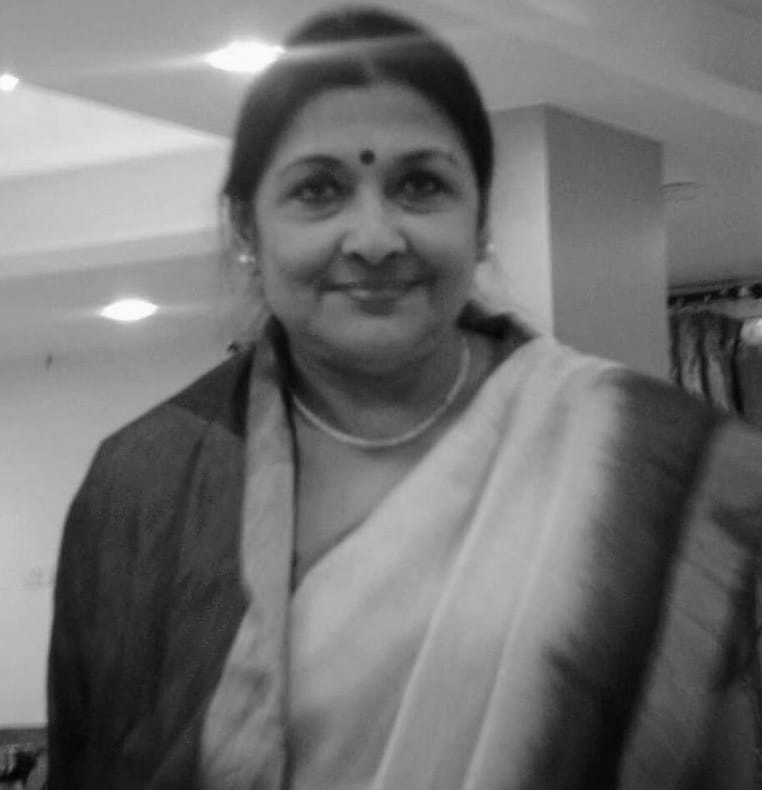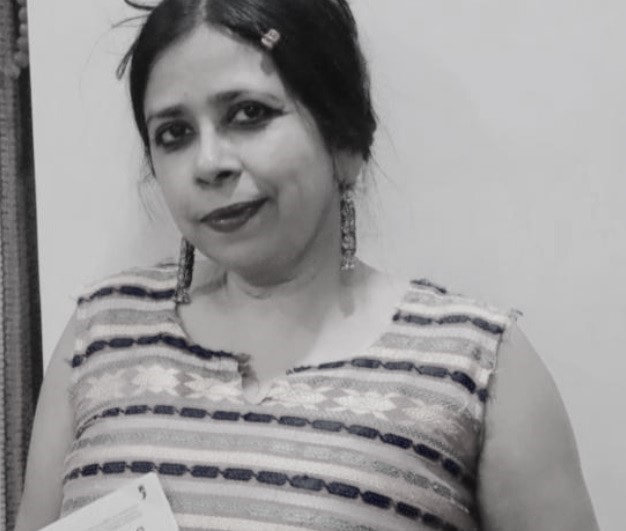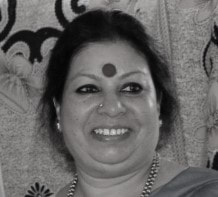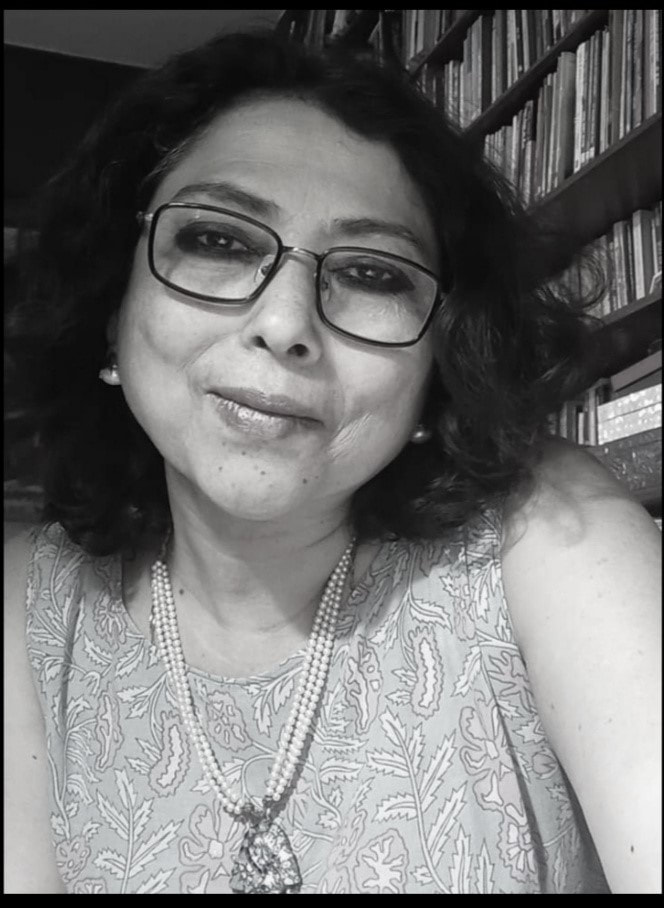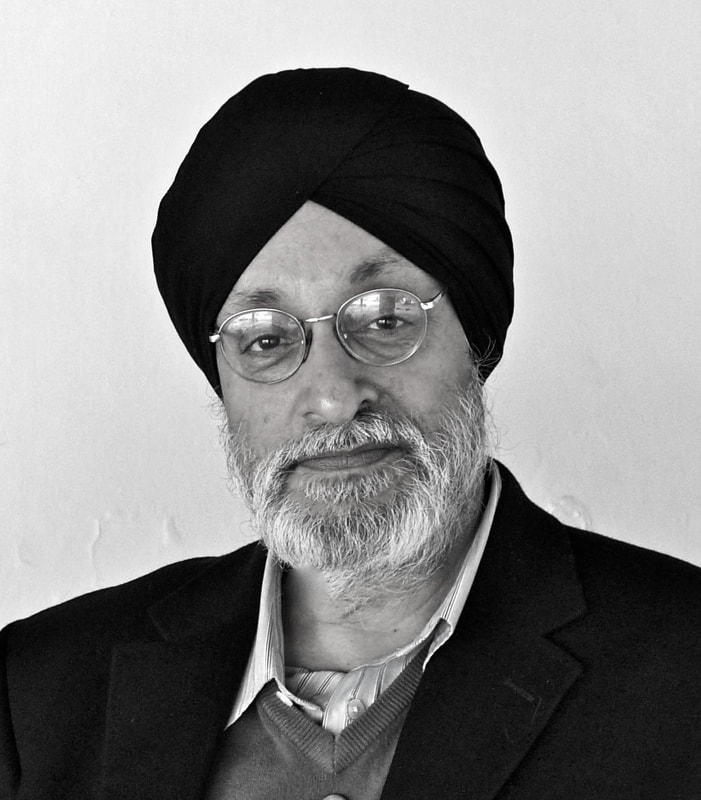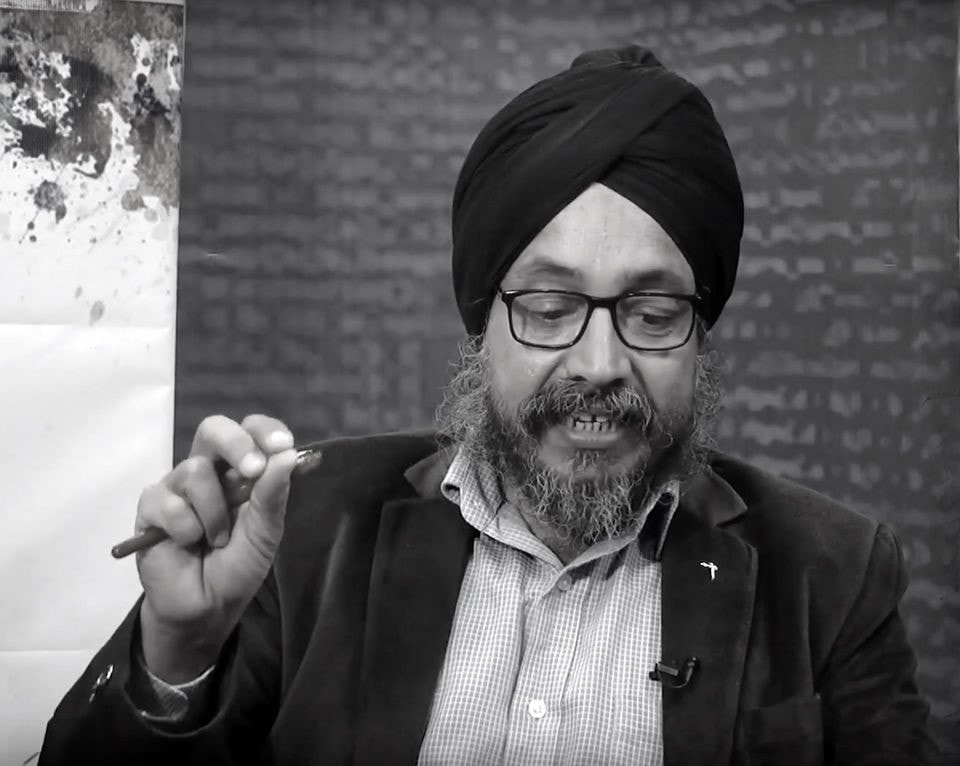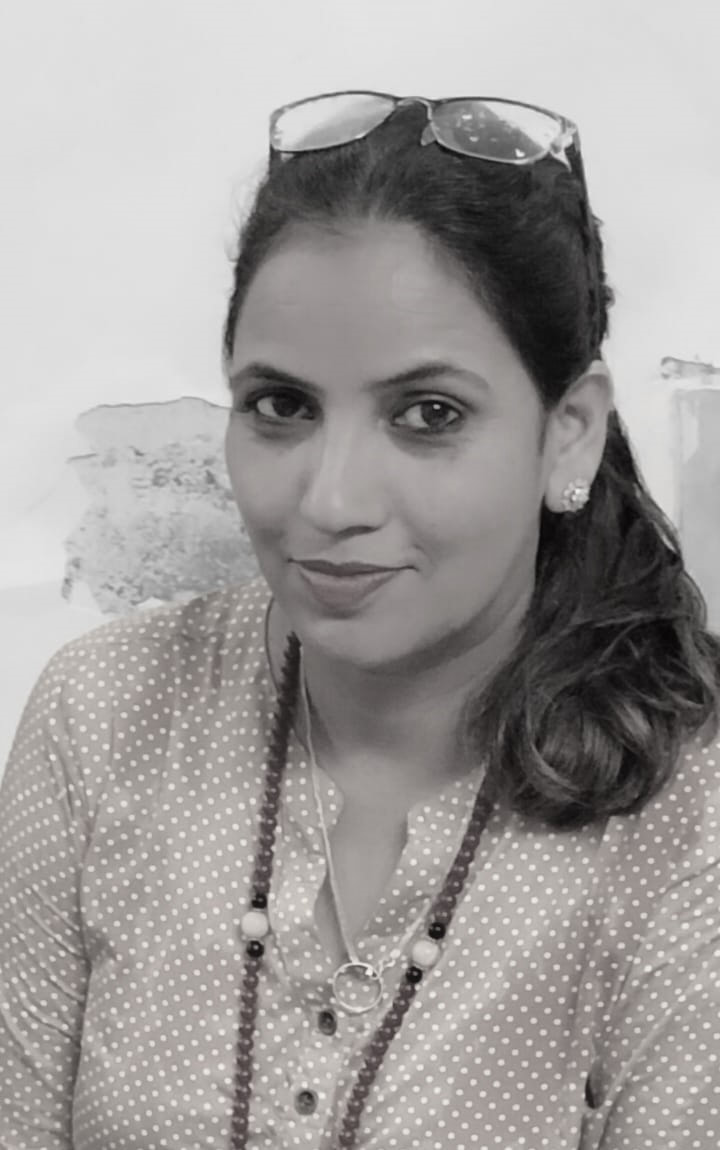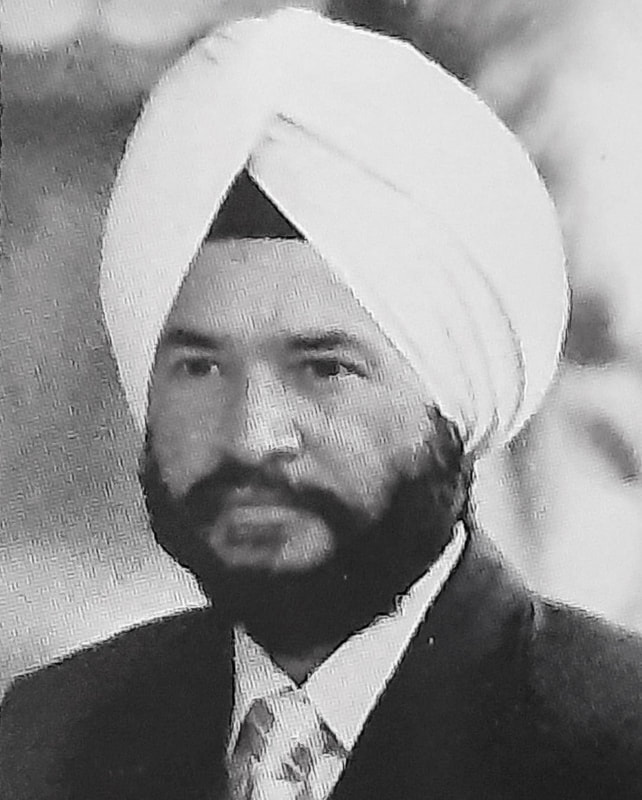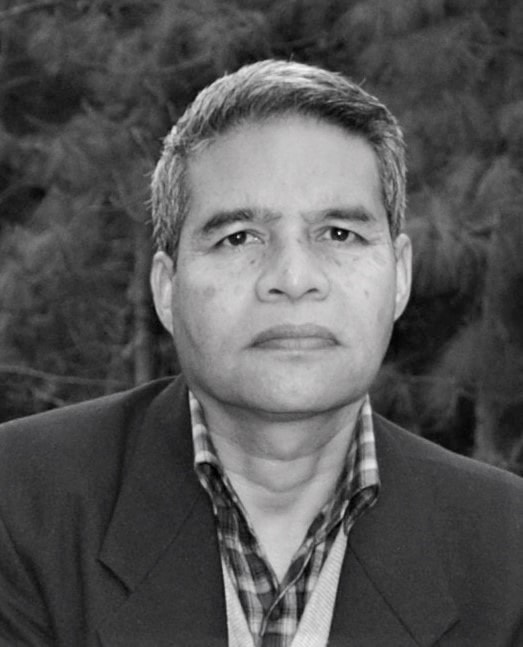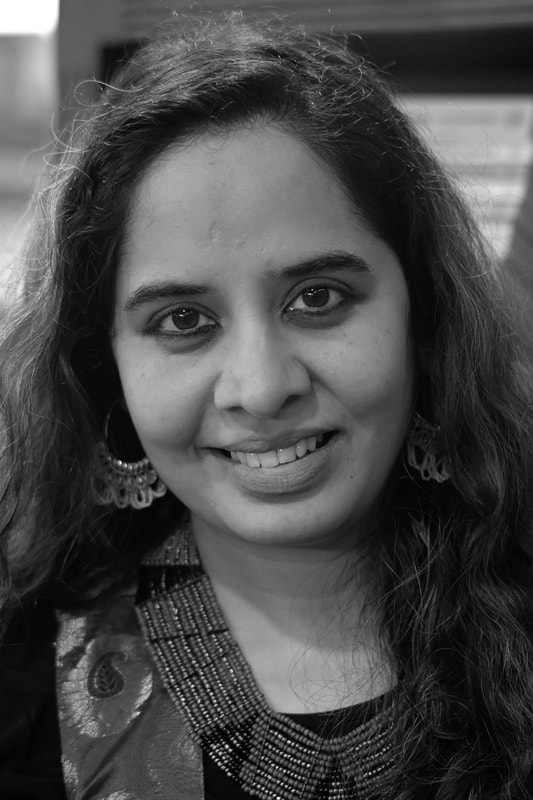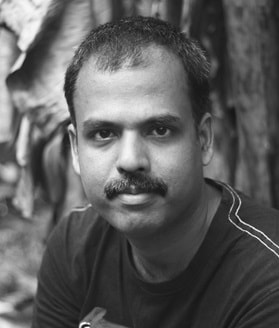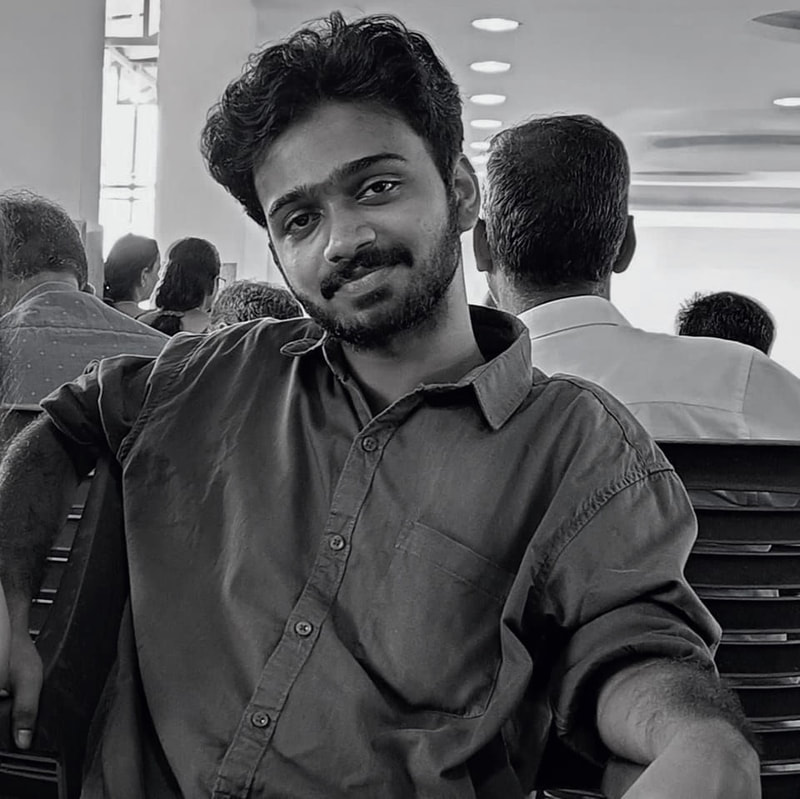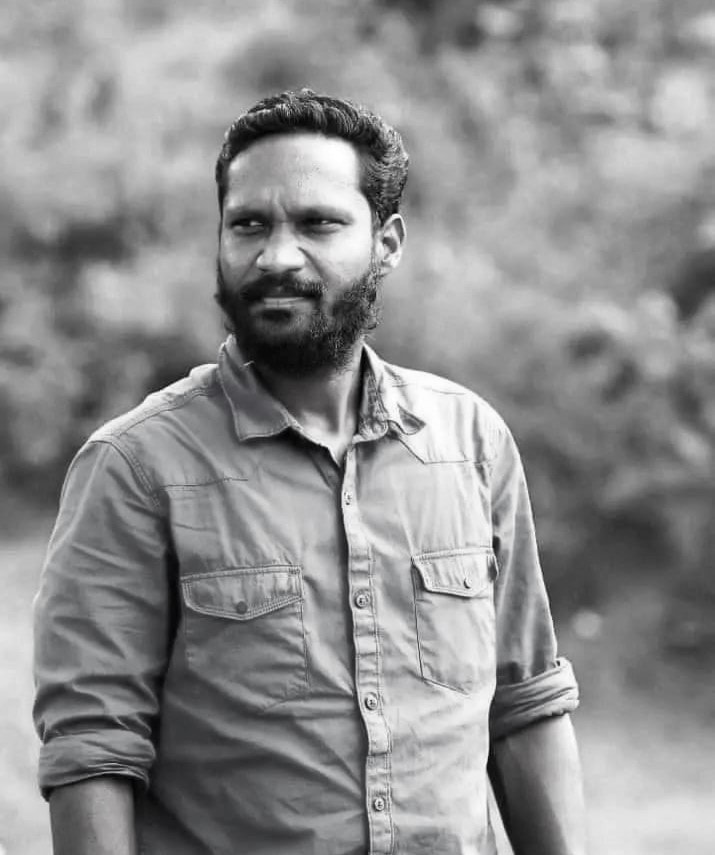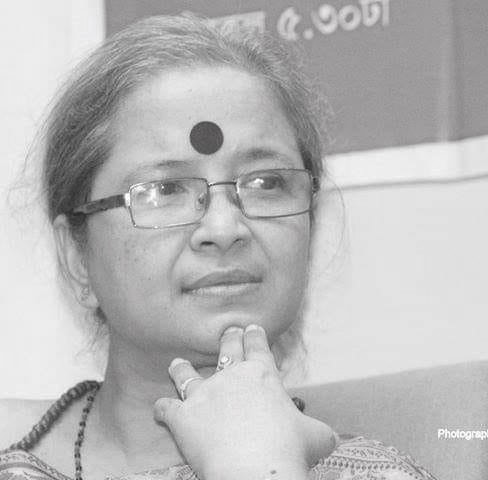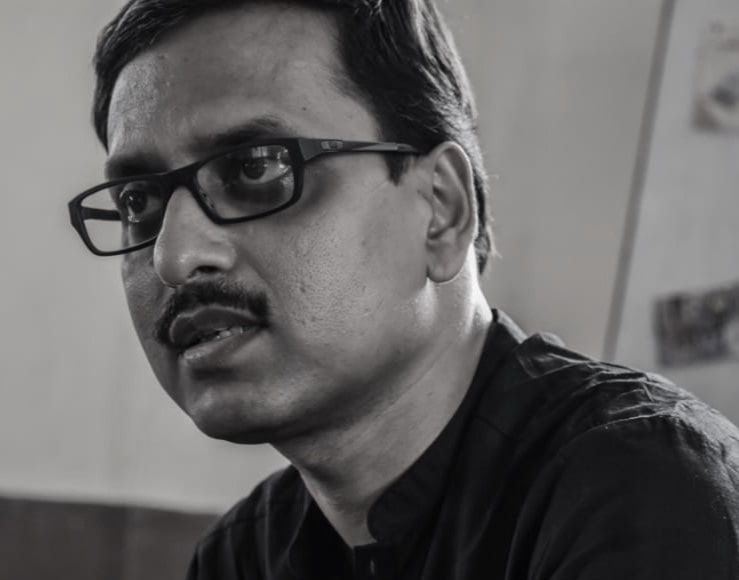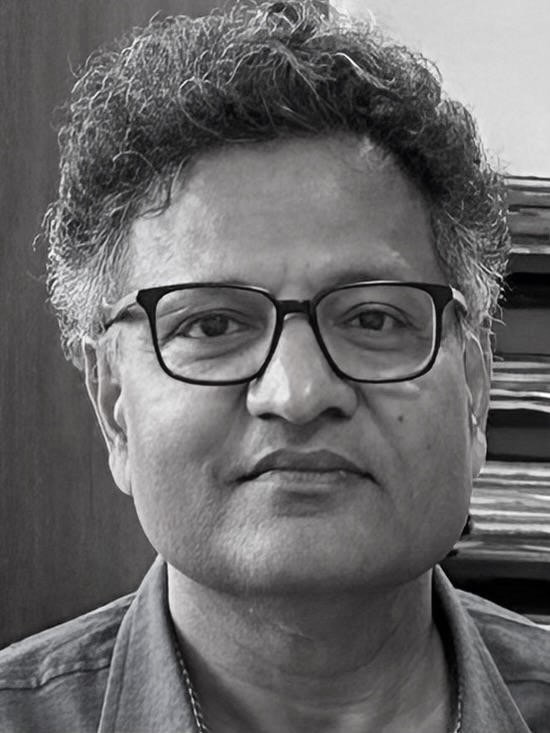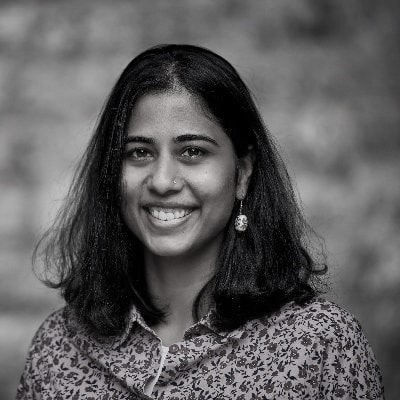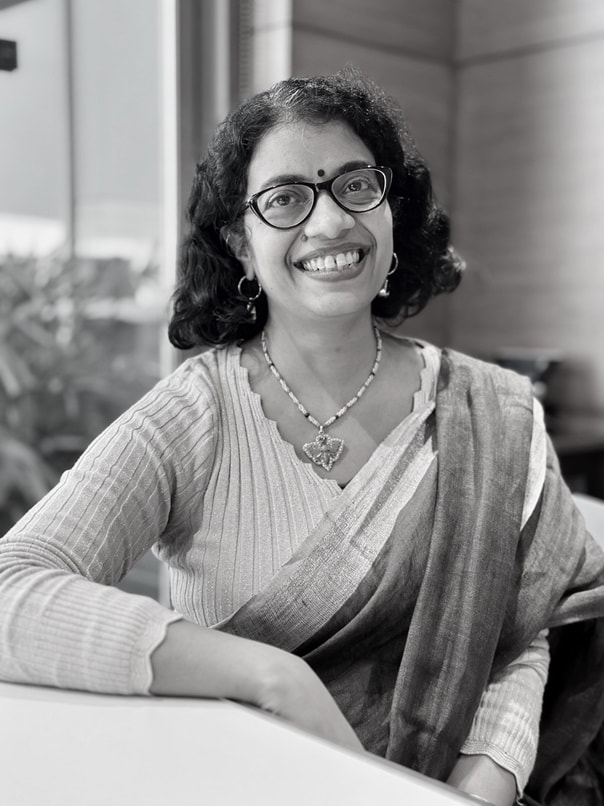ISSUE XXXVI December 2023
Indian Poetry Edition
edited by Sarabjeet Garcha
Editorial
Consistently reading Indian poetry for two decades, I have discovered that the best isn’t essentially visible. Inadequate translation remains a major, even if not the only, culprit. While a lot of world poetry has been copiously translated into several Indian languages, particularly Hindi, not all the best poetry from Indian languages is available in readable, let alone memorable, English translation. Nevertheless, it is heartening to see some serious translators committed to changing the status quo. However, before venerating the classic, we need to make a genuine effort to come closer to the contemporary. To do so, we must start looking beyond the familiar bastion. The search for surprise must go on. As in poetry, so in life.
This special issue on Indian poetry was put together to make a contribution, no matter how meagre, to exactly this endeavour. So, three poets writing about crying took me by surprise: Sumana Roy, Sapna Bhatt and Supriya Kaur Dhaliwal. I couldn’t stop myself from noticing that their first names begin with an S, although that might not be of any consequence except to numerologists. As Arvind Krishna Mehrotra says in his poem from this issue, “This is the thing / about poetry, the / forecast // is unpredictable.” For Anjali Purohit, crying isn’t restricted to humans. She can see “barren fields cry silently”.
The issue opens with an Adil Jussawalla poem. From him we learn how to broach the political with elegance. He writes, “Now it has found us it feeds, / no longer unfed. Sentenced to life / only in beasts, / it has us now for bread.”
When Tishani Doshi shared her magnificent poem with me, I couldn’t believe my eyes, which stopped at these lines: “After a day in the field, / we sit around the fire to sing.” Only days before I read her poem, I had been obsessed with the Pahari artist Nainsukh’s miniature painting titled Villagers around a Fire. If nothing else, poetry has taught me to not undermine the power of what’s beyond human comprehension.
The first of the two Ranjit Hoskote poems is titled “Bākhā”, language. In Punjabi, we call it bhākhā, and it is indeed “the sweet speech that flowered in . . . songs of praise”. “In the Gangetic zone,” writes Hoskote in an email, “bākhā is the short, demotic form of ‘Brajbhasha’.” He adds, “Intriguingly, there is a Punjab connection here too—the protagonist of Mulk Raj Anand’s 1935 novel, Untouchable, is called Bakha!” The rhyme scheme in his second poem, “Prodigal”, is refreshing, the hyphenated adjectives (“rust-freckled”, “mist-shivered”) exciting, and the images haunting. “You’ll know when it’s time to step off this boat” is a message to be cherished.
In his poems, Robin S. Ngangom patiently slices through the curtain of idyll that seems to have enveloped the Northeast India. Beneath the lilt and languor of his lines is the righteous rage of a rishi. He doesn’t want us to overlook “a simple father inconsolably sobbing / for his simple child and wife / burnt alive in an ambulance”.
Three poets originally writing in Punjabi, Hindi and Bengali, respectively, contributed their poems in English: Amarjit Chandan, Savita Singh and Angshuman Kar. Then, there’s a fair share of prose poems, besides poems by the brilliant bilingual poet Aryanil Mukherjee. Several poems in English translation are also included, thanks to Daisy Rockwell (Hindi), Amlanjyoti Goswami (Assamese), Aryanil Mukherjee (Bengali), Madhav Ajjampur (Kannada), Binu Karunakaran (Malayalam), Ra Sh (Malayalam), Jonaki Ray (Bengali), Hriya Banerjee (Bengali), Gopika Jadeja (Gujarati), Dilip Jhaveri (Gujarati), Sachin C. Ketkar (Gujarati), Mustansir Dalvi (Marathi), Vanessa Gebbi (Punjabi), Rajesh Sharma (Punjabi), and Owshnik Ghosh (Bengali). Some of my own translations from Punjabi, Hindi and Marathi are also covered.
Alongside the work of fifty-five Indian poets, there are five essays and a conversation. Whereas Sumana Roy’s essay is a meticulous assortment of unforgettable vignettes with shades of Zen, Sukhada Tatke’s meditation on home is as tender as it is poignant. Maitreyee B. Chowdhury takes us on an enchanting trek in Meghalaya, Rajesh Sharma gracefully details the philosophy behind translating poetry, and Akshaya Kumar provides a striking perspective on post-1990 Indian Anglophone poetry in relation to the “autonomy of things”.
Nothing in the world is definitive, let alone this issue. While several poets have long claimed that only poets read poetry collections published in India, nothing could be farther from the truth. A book of poems may not sell thousands of copies, but the readers of a few hundred that a strong collection sells come from all spheres of life, not just literature. I substantiate the claim from firsthand experience in publishing poetry.
I believe that this issue of Verseville, too, will not be restricted to poets.
Sarabjeet Garcha
Editor, Issue XXXVI, December 2023
This special issue on Indian poetry was put together to make a contribution, no matter how meagre, to exactly this endeavour. So, three poets writing about crying took me by surprise: Sumana Roy, Sapna Bhatt and Supriya Kaur Dhaliwal. I couldn’t stop myself from noticing that their first names begin with an S, although that might not be of any consequence except to numerologists. As Arvind Krishna Mehrotra says in his poem from this issue, “This is the thing / about poetry, the / forecast // is unpredictable.” For Anjali Purohit, crying isn’t restricted to humans. She can see “barren fields cry silently”.
The issue opens with an Adil Jussawalla poem. From him we learn how to broach the political with elegance. He writes, “Now it has found us it feeds, / no longer unfed. Sentenced to life / only in beasts, / it has us now for bread.”
When Tishani Doshi shared her magnificent poem with me, I couldn’t believe my eyes, which stopped at these lines: “After a day in the field, / we sit around the fire to sing.” Only days before I read her poem, I had been obsessed with the Pahari artist Nainsukh’s miniature painting titled Villagers around a Fire. If nothing else, poetry has taught me to not undermine the power of what’s beyond human comprehension.
The first of the two Ranjit Hoskote poems is titled “Bākhā”, language. In Punjabi, we call it bhākhā, and it is indeed “the sweet speech that flowered in . . . songs of praise”. “In the Gangetic zone,” writes Hoskote in an email, “bākhā is the short, demotic form of ‘Brajbhasha’.” He adds, “Intriguingly, there is a Punjab connection here too—the protagonist of Mulk Raj Anand’s 1935 novel, Untouchable, is called Bakha!” The rhyme scheme in his second poem, “Prodigal”, is refreshing, the hyphenated adjectives (“rust-freckled”, “mist-shivered”) exciting, and the images haunting. “You’ll know when it’s time to step off this boat” is a message to be cherished.
In his poems, Robin S. Ngangom patiently slices through the curtain of idyll that seems to have enveloped the Northeast India. Beneath the lilt and languor of his lines is the righteous rage of a rishi. He doesn’t want us to overlook “a simple father inconsolably sobbing / for his simple child and wife / burnt alive in an ambulance”.
Three poets originally writing in Punjabi, Hindi and Bengali, respectively, contributed their poems in English: Amarjit Chandan, Savita Singh and Angshuman Kar. Then, there’s a fair share of prose poems, besides poems by the brilliant bilingual poet Aryanil Mukherjee. Several poems in English translation are also included, thanks to Daisy Rockwell (Hindi), Amlanjyoti Goswami (Assamese), Aryanil Mukherjee (Bengali), Madhav Ajjampur (Kannada), Binu Karunakaran (Malayalam), Ra Sh (Malayalam), Jonaki Ray (Bengali), Hriya Banerjee (Bengali), Gopika Jadeja (Gujarati), Dilip Jhaveri (Gujarati), Sachin C. Ketkar (Gujarati), Mustansir Dalvi (Marathi), Vanessa Gebbi (Punjabi), Rajesh Sharma (Punjabi), and Owshnik Ghosh (Bengali). Some of my own translations from Punjabi, Hindi and Marathi are also covered.
Alongside the work of fifty-five Indian poets, there are five essays and a conversation. Whereas Sumana Roy’s essay is a meticulous assortment of unforgettable vignettes with shades of Zen, Sukhada Tatke’s meditation on home is as tender as it is poignant. Maitreyee B. Chowdhury takes us on an enchanting trek in Meghalaya, Rajesh Sharma gracefully details the philosophy behind translating poetry, and Akshaya Kumar provides a striking perspective on post-1990 Indian Anglophone poetry in relation to the “autonomy of things”.
Nothing in the world is definitive, let alone this issue. While several poets have long claimed that only poets read poetry collections published in India, nothing could be farther from the truth. A book of poems may not sell thousands of copies, but the readers of a few hundred that a strong collection sells come from all spheres of life, not just literature. I substantiate the claim from firsthand experience in publishing poetry.
I believe that this issue of Verseville, too, will not be restricted to poets.
Sarabjeet Garcha
Editor, Issue XXXVI, December 2023
